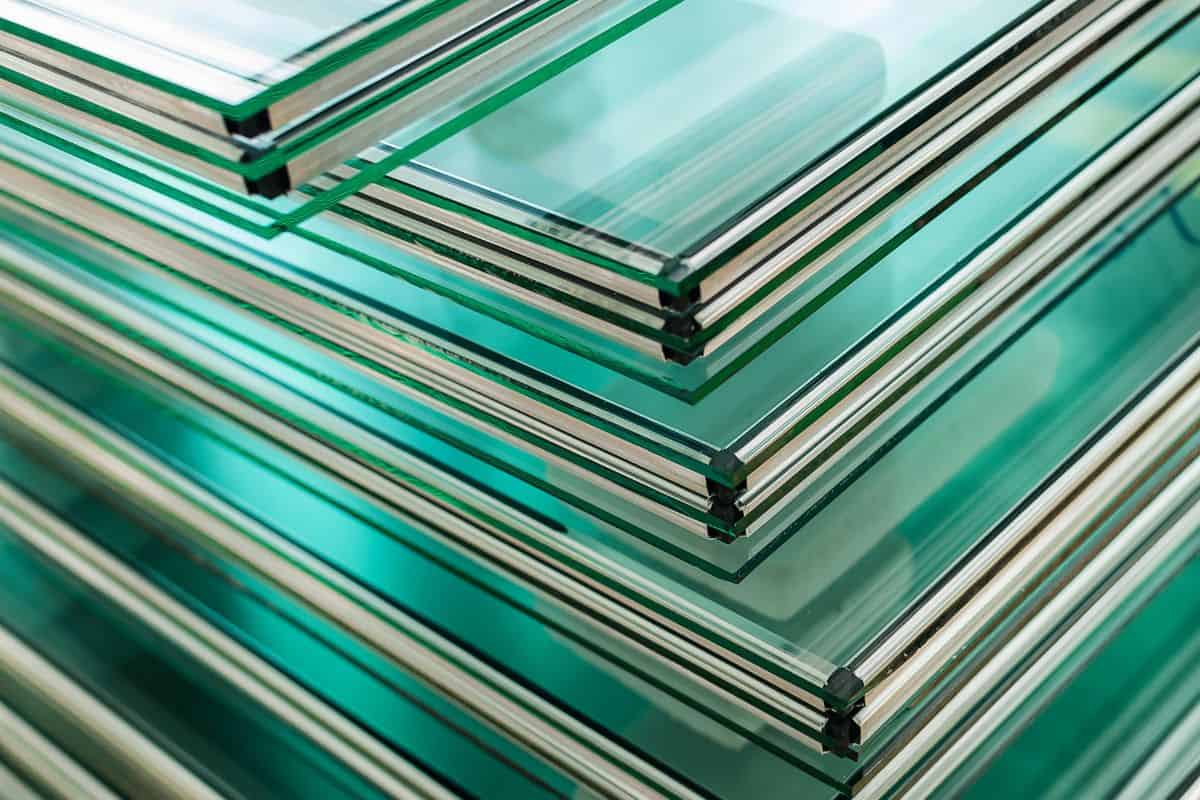As homeowners, security is always a top priority. One area where security can be compromised is the sliding glass doors in our homes. These doors are often the weakest point of entry and can be easily broken into. This is why many people are opting for tempered glass for their sliding doors. In this article, we will explore the benefits of tempered glass for sliding doors and why it is becoming a popular choice for enhanced security.
Sliding glass doors are a common feature in many homes. They provide easy access to outdoor areas and allow natural light to filter into our homes. However, these doors can also be a weak point when it comes to home security. Traditional glass can be easily broken, providing an easy entry point for burglars. Tempered glass, on the other hand, is designed to be stronger and more secure, making it a popular choice for sliding doors.

What is Tempered Glass?
Tempered glass is a type of safety glass that is designed to be stronger and more durable than traditional glass. It is created by heating glass to a very high temperature and then rapidly cooling it. This process causes the glass to harden and become stronger. Tempered glass is also known as toughened glass.
How is Tempered Glass Made?
The process of making tempered glass involves heating the glass to a temperature of around 620°C (1,148°F). Once the glass reaches this temperature, it is rapidly cooled using jets of air. This process causes the glass to harden and become stronger. The cooling process also creates tension within the glass, which makes it more resistant to impact.
Benefits of Tempered Glass for Sliding Doors
Tempered glass offers a number of benefits when it comes to home security. Here are some of the key advantages of using tempered glass for sliding doors:
Increased Strength
Tempered glass is much stronger than traditional glass. It is up to four times stronger and can withstand much higher levels of impact. This makes it much more difficult to break, providing an added layer of security to your home.
Improved Safety
If tempered glass does break, it shatters into small, rounded pieces rather than sharp, jagged shards. This reduces the risk of injury if someone accidentally walks into the glass or if the glass is broken during a break-in.
Better Energy Efficiency
Tempered glass is also more energy-efficient than traditional glass. It helps to keep your home cooler in the summer and warmer in the winter, reducing your energy bills and making your home more comfortable.
Enhanced Aesthetics
Tempered glass is available in a range of styles and designs.
How to Choose the Right Tempered Glass for Your Sliding Doors
When choosing tempered glass for your sliding doors, there are a few key factors to consider:
Thickness
Tempered glass is available in a range of thicknesses, from 3mm to 19mm. Thicker glass provides more strength and durability, but it can also be heavier and more expensive.
Glass Tint
Tempered glass can be tinted to reduce glare and improve privacy. There are a variety of tint options available, including bronze, gray, blue, and green.
Coatings and Films
Special coatings and films can be applied to tempered glass to enhance its strength, reduce UV radiation, and improve energy efficiency.
Tempered Glass vs. Laminated Glass
Laminated glass is another type of safety glass that is often used in sliding doors. It is made by sandwiching a layer of plastic between two sheets of glass. While laminated glass is strong and durable, it is not as impact-resistant as tempered glass.
Installation of Tempered Glass for Sliding Doors
Installation of tempered glass for sliding doors should always be carried out by a professional. They will ensure that the glass is installed correctly and that it meets safety standards.
Maintenance and Care of Tempered Glass
Tempered glass is easy to maintain and care for. Simply clean it with a mild soap and water solution and a soft cloth. Avoid using abrasive cleaners or tools that could scratch the glass.
Conclusion
Tempered glass is a popular choice for sliding doors because of its increased strength, improved safety, better energy efficiency, and enhanced aesthetics. When choosing tempered glass for your sliding doors, consider the thickness, glass tint, and any coatings or films that may be applied. Always have tempered glass installed by a professional and care for it properly to ensure it lasts for many years.
FAQs on Tempered Glass for Sliding Doors
Is tempered glass more expensive than regular glass?
Yes, tempered glass is typically more expensive than regular glass because of the extra processing that goes into creating it.
How long does tempered glass last?
Tempered glass has a lifespan of around 10 to 20 years and is much stronger and more durable than regular glass, making it a great choice for areas that require extra safety and durability.
Can tempered glass be cut?
Tempered glass cannot be cut or modified once it has been treated with the tempering process, as this will weaken its structure and reduce its strength.
Is tempered glass shatterproof?
Tempered glass is not completely shatterproof, but it does have a much higher resistance to breaking and shattering than regular glass. It is also designed so that if it does break, the pieces will be small and relatively harmless.
Can tempered glass be repaired?
Once tempered glass is broken, it cannot be repaired. The only option is to replace the entire piece with a new one. Therefore, it’s important to take extra precautions when handling and installing tempered glass.
Related Articles
Laminated Glass for Sliding Doors: A Strong and Durable Option
